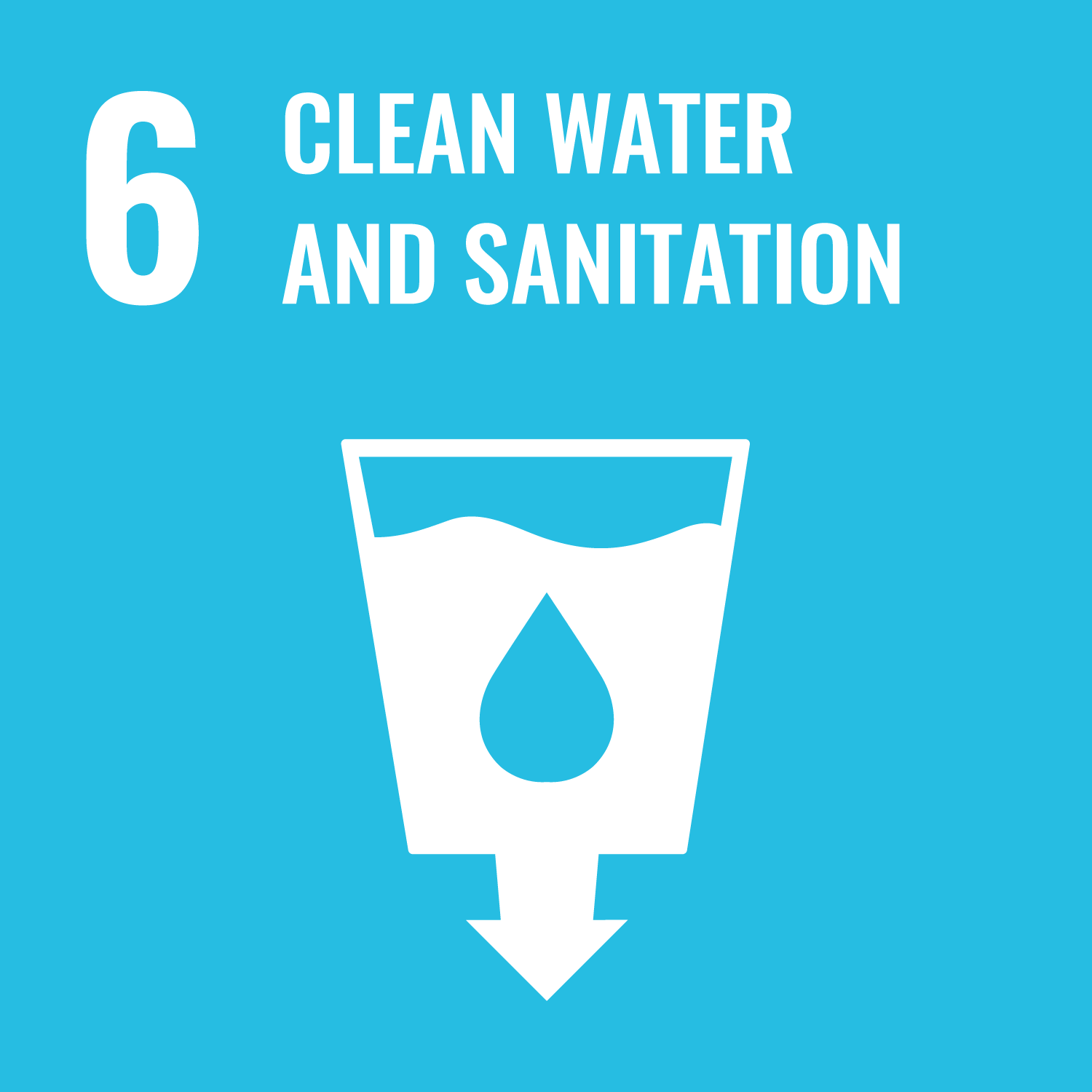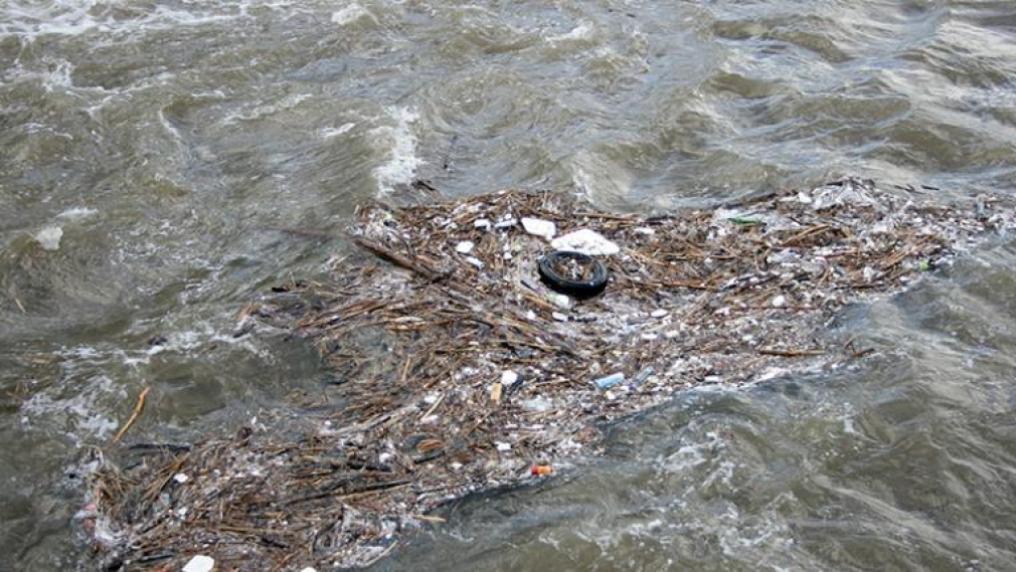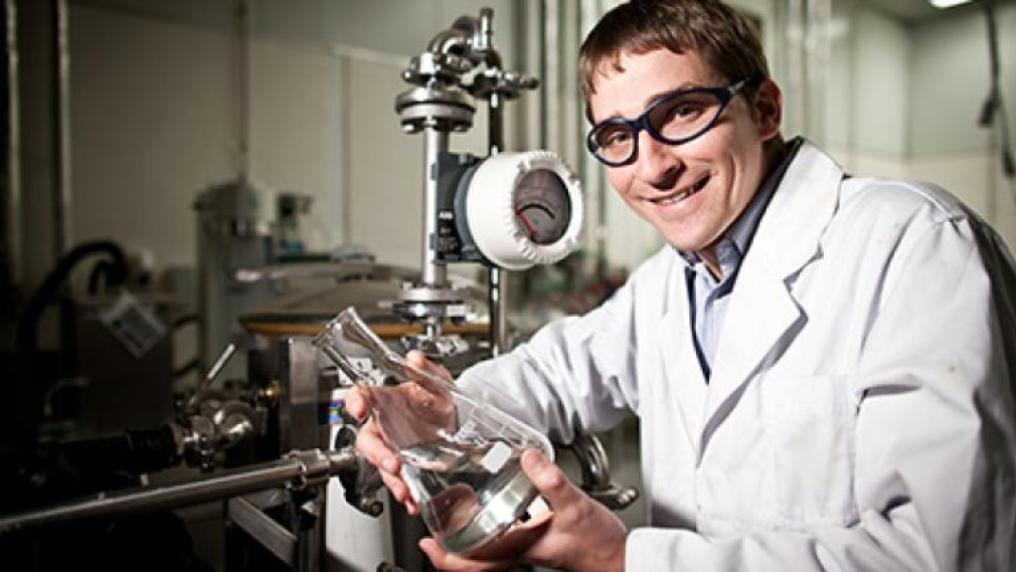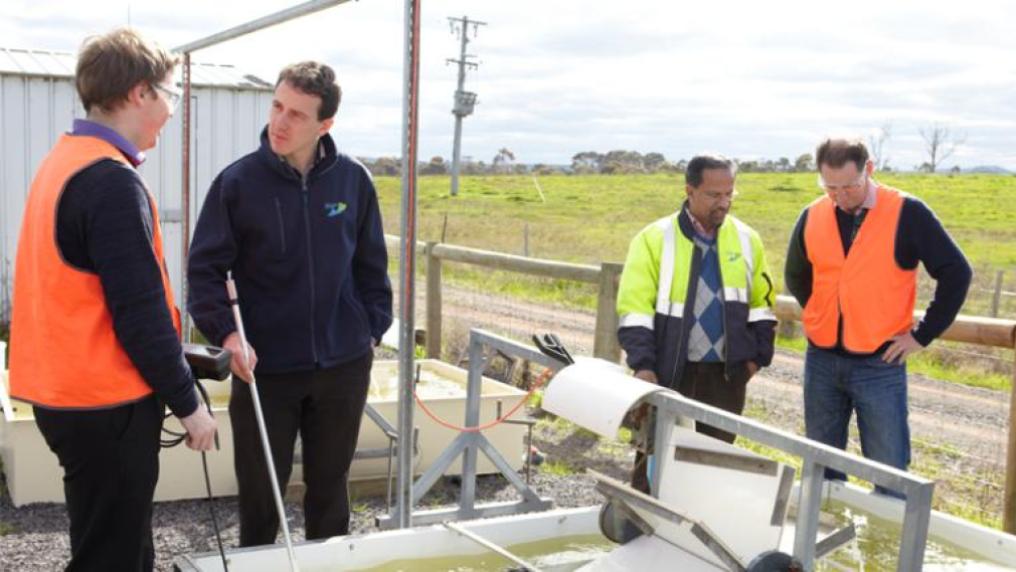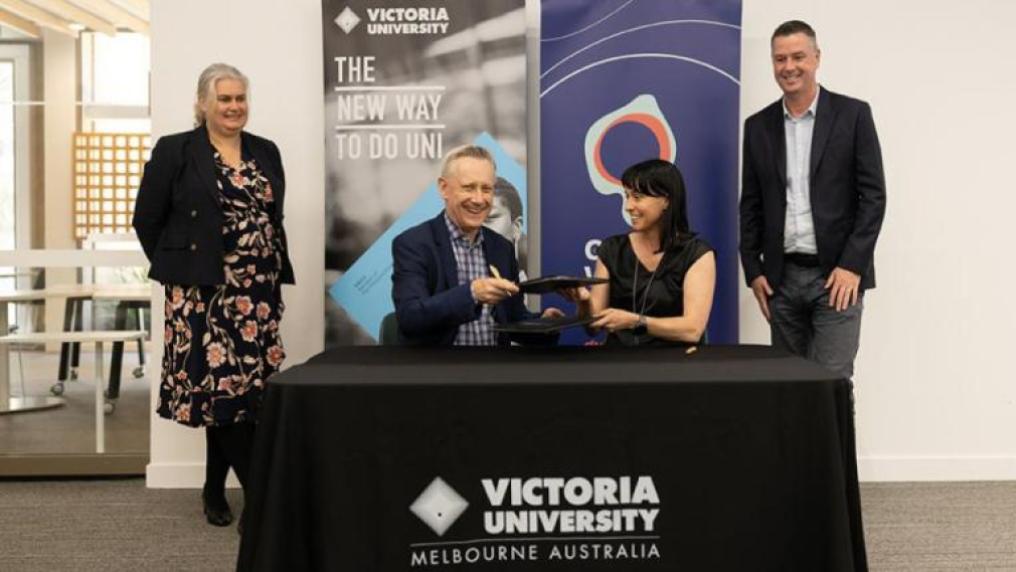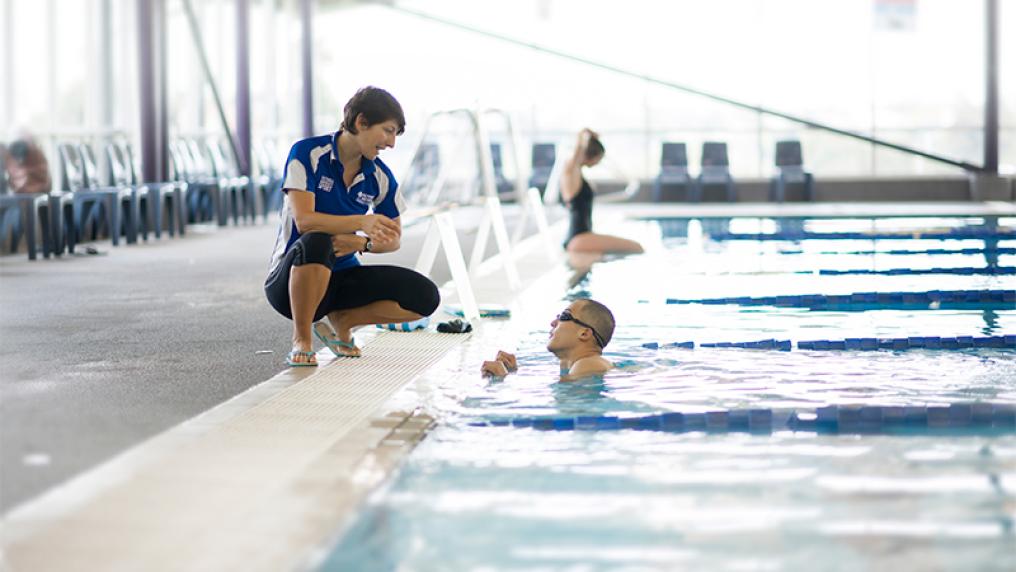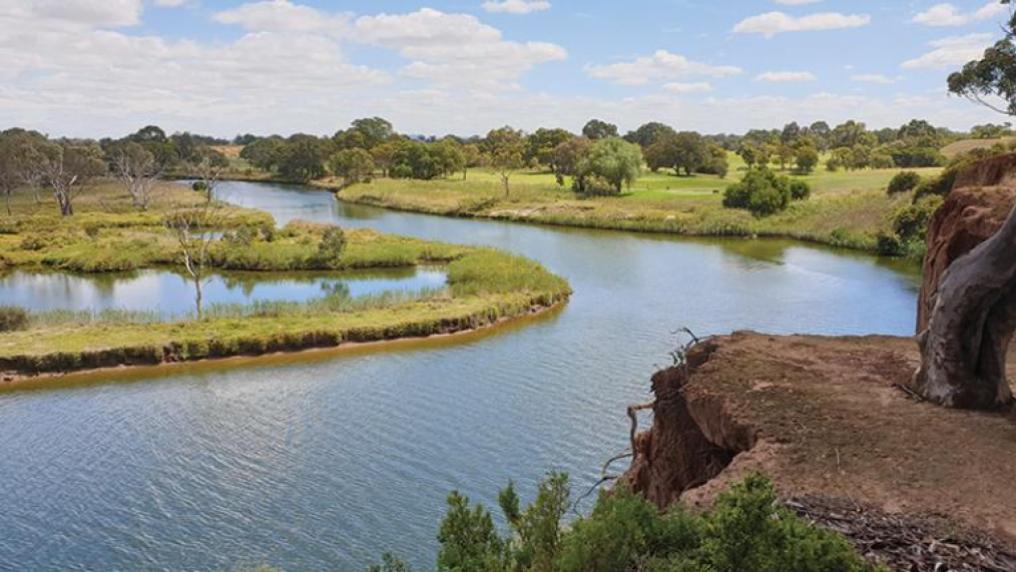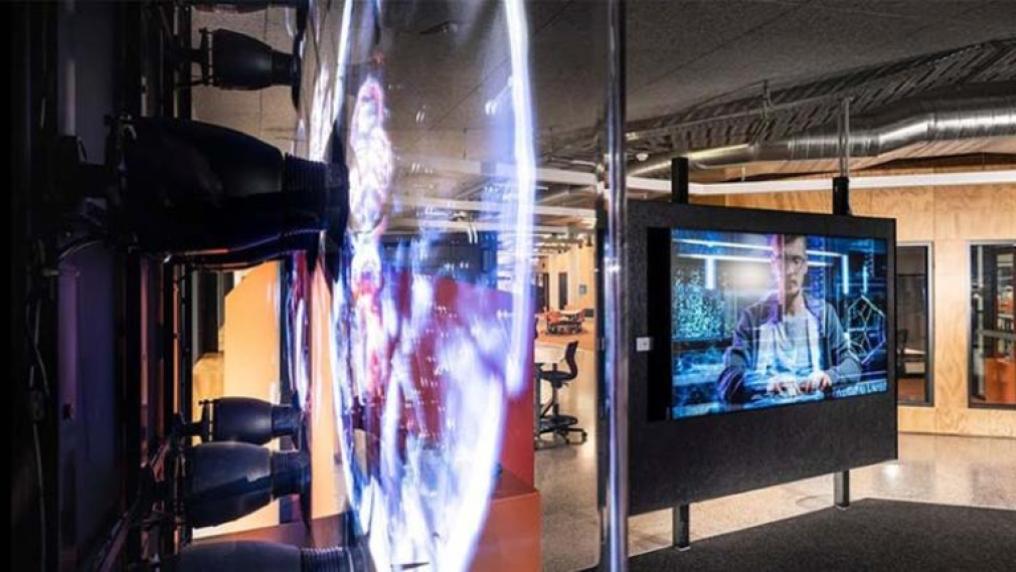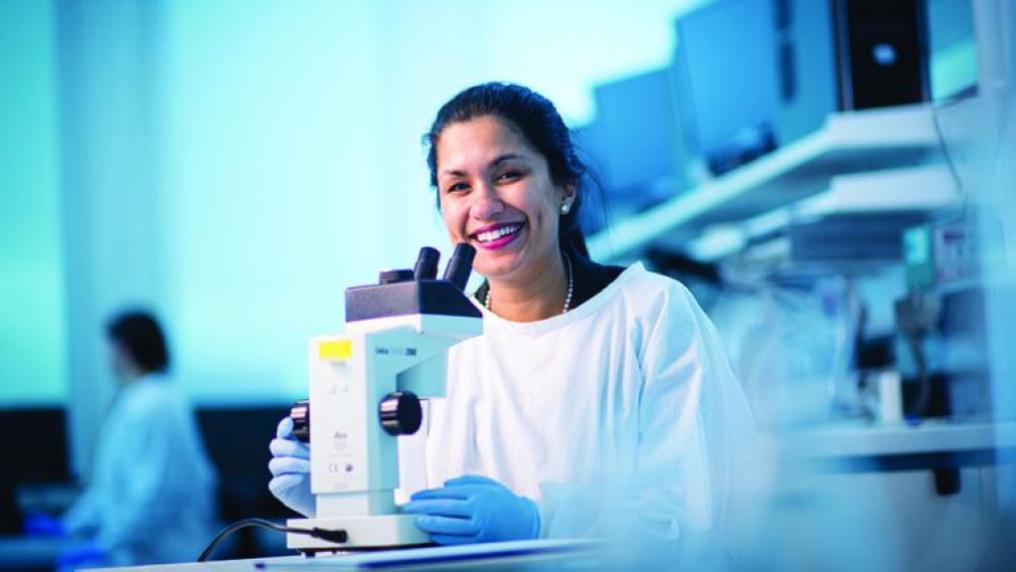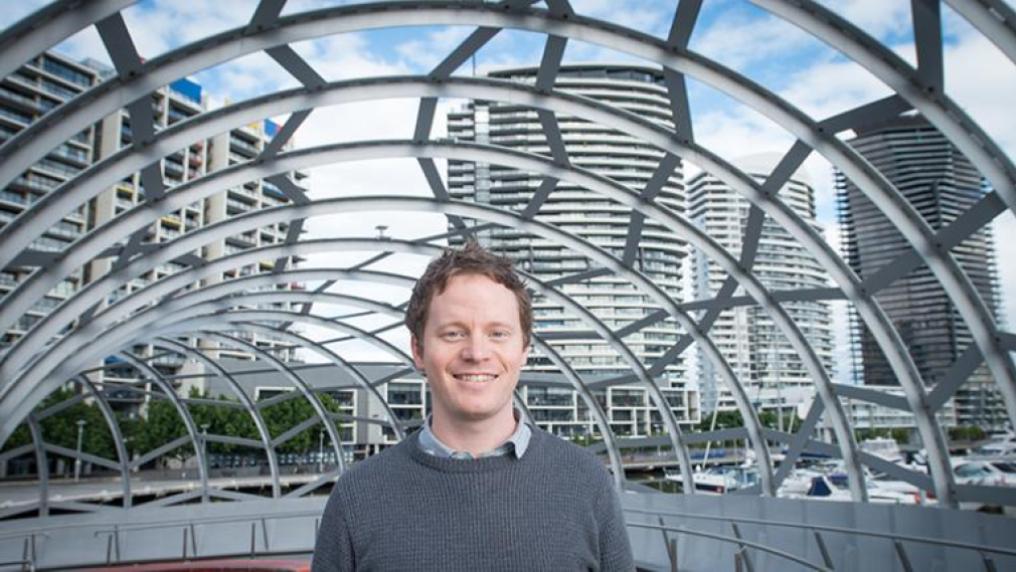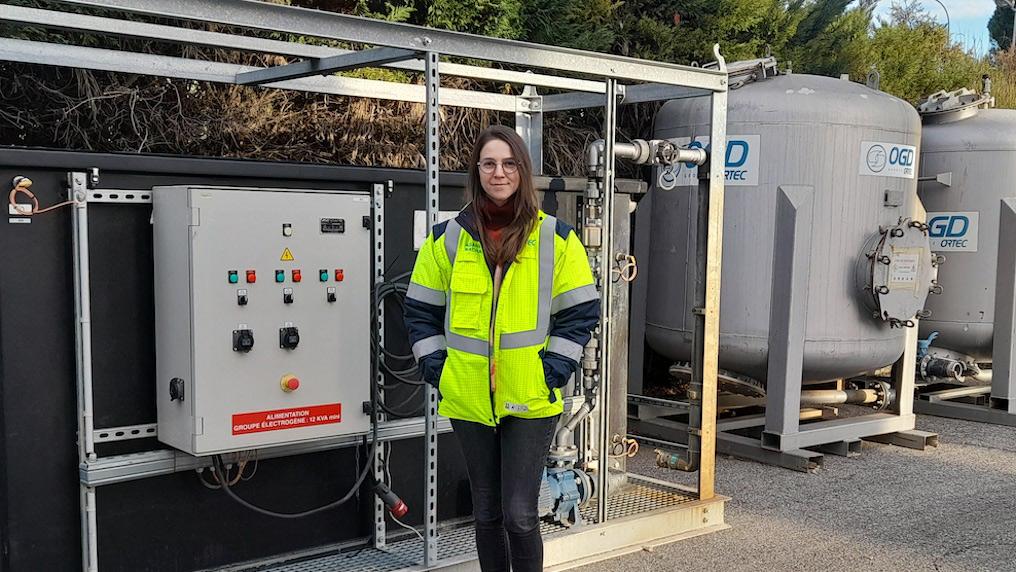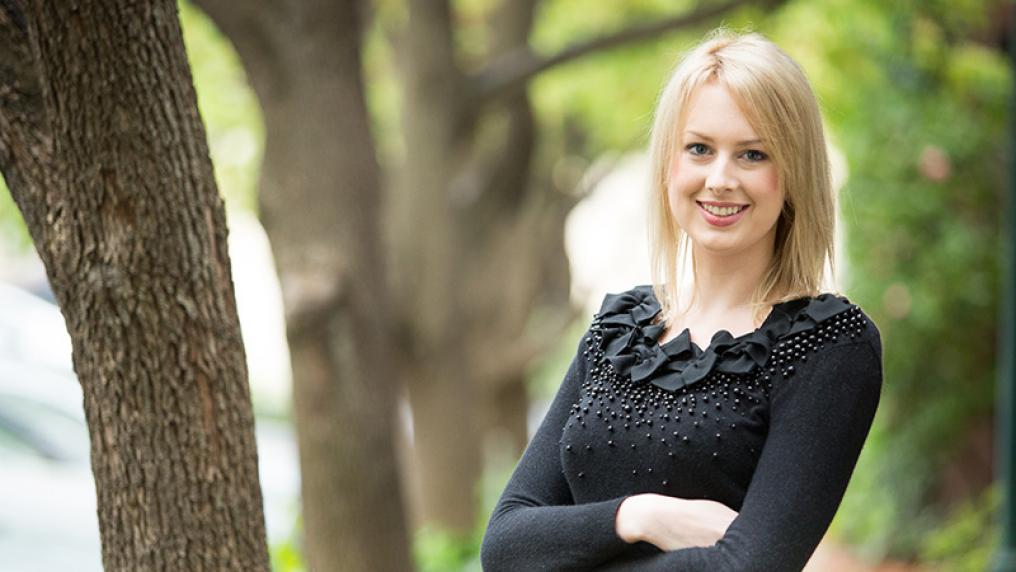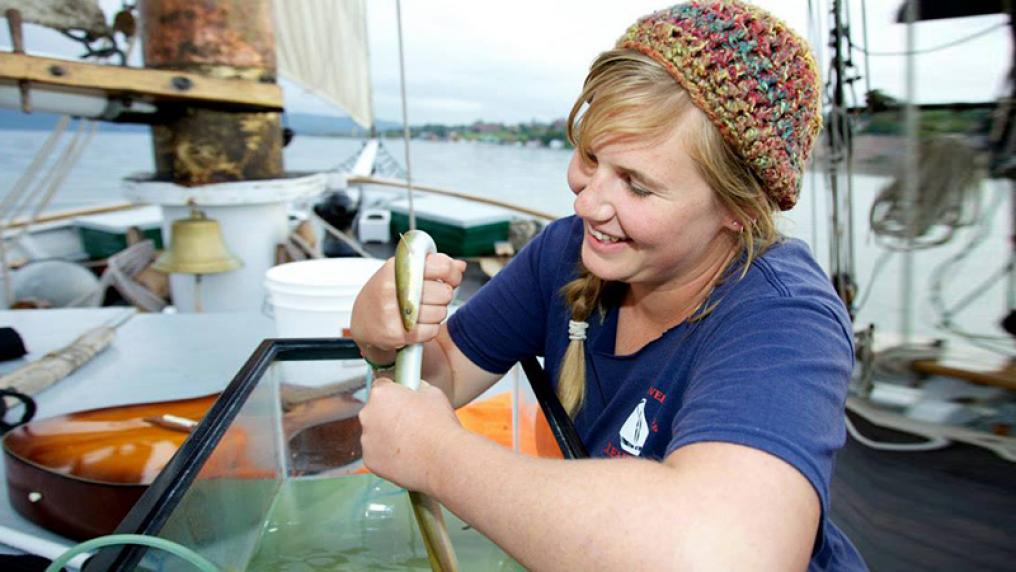Goal 6: Clean water & sanitation
Sustainable management of water is a major focus for Victoria University. We strive to improve water quality, develop effective wastewater treatment and increase water-use efficiency through research, teaching, and university infrastructure.
We undertake applied research in drinking water, wastewater, recycled water, stormwater and industrial water applications, providing solutions for industry and communities.
Our on-campus pool includes rainwater harvesting and backwash treatment, which saves approximately 2 million litres of water annually.
Billions of people still lack access to safe water, sanitation, and hygiene, despite improvement in the provision of these basic services. Water scarcity is a growing problem in many parts of the world, and conflicts and climate change are exacerbating the issue.
– United Nations
